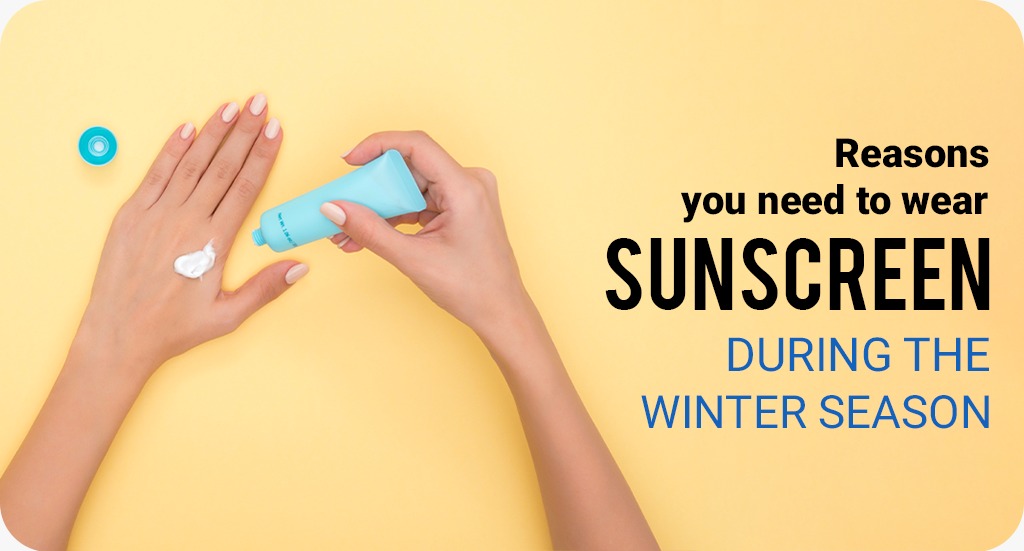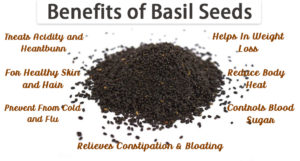Winter is coming! Applying sunscreen is one of the essential steps in the skincare regime. Most skincare experts recommend using sunscreen. Putting a thick layer of moisturiser and then sunscreen in the summer may make perfect sense. But, did you know it is vital to apply sunscreen in winters too?
Know why applying sunscreen is essential during winters:
Helps Avoid Sunburn
Yes, during winters, you can still get sunburn. The UVB rays are known as the burning rays, and in winter they can impact your skin. Additionally, the sun is closer to the earth during the winter, and there are high chances of getting sunburn.
Reduces The Risk Of Skin Cancer
Investing in a good sunscreen and religiously following the sunscreen regime throughout the year is recommended to minimise the risk of developing skin cancer. The ultraviolet rays (UVB rays) are associated with skin cancer, and it is crucial to note that these UVB rays are quite strong during the winter months.
Keeps Your Skin Looking Young
The UVB rays from the sun have been linked to skin cancer, as they can also deplete the collagen in the skin leading to skin sagging. Not only this, they can even impact your skin, increasing the chances of premature skin ageing.
Improves Skin Moisture
During winters, the skin becomes dry when it comes in contact with harsh winter winds. The cold winds and the low humidity levels take away the moisture from the skin that results in wrinkles, cracks, and infections. Apply some moisturising sunscreen (no comma) as it is the best way to improve the moisture levels of the skin.
Sunscreen Is Vital Even If You Are Indoors
Applying sunscreen is vital even if you are staying indoors during winter since the electric lights (ambient, blue & infrared lights) inside the house also emit UV rays. Exposure to these lights is known to cause skin damage and even raise the chances of skin cancer.
Sunscreens Wear Off Quickly During Winters
It is crucial to repeat the application of sunscreen in the winters too. The sudden weather changes-harsh winter winds and sudden rains-can degrade the layer of sunscreen applied in the morning Lack of moisture in the air also calls for repeated application.
Thin Ozone Layer During Winters
The ozone layer is at its thinnest state during winters because of the ozone-depleting actions of the returning sun’s rays. This means that it will absorb fewer UV rays. Therefore, it is likely to increase exposure to UV rays. Hence, it is recommended to invest in a sunscreen with high SPF to stay protected against UV rays.
How to choose the best sunscreen?
Here are a few key features you must look at to invest in a good sunscreen:
1. SPF rating: Use a sunscreen with SPF 30 or higher as it is much safer and can block 97% of the sun’s UV rays.
2. Broad spectrum: Go for a broad-spectrum sunscreen to create a shield against (UVA and UVB rays).
3. Skin type: Choose as per your skin type (dry or oily skin).
4. Physical/chemical: Choose physical sunscreen for children as their skin is sensitive.








